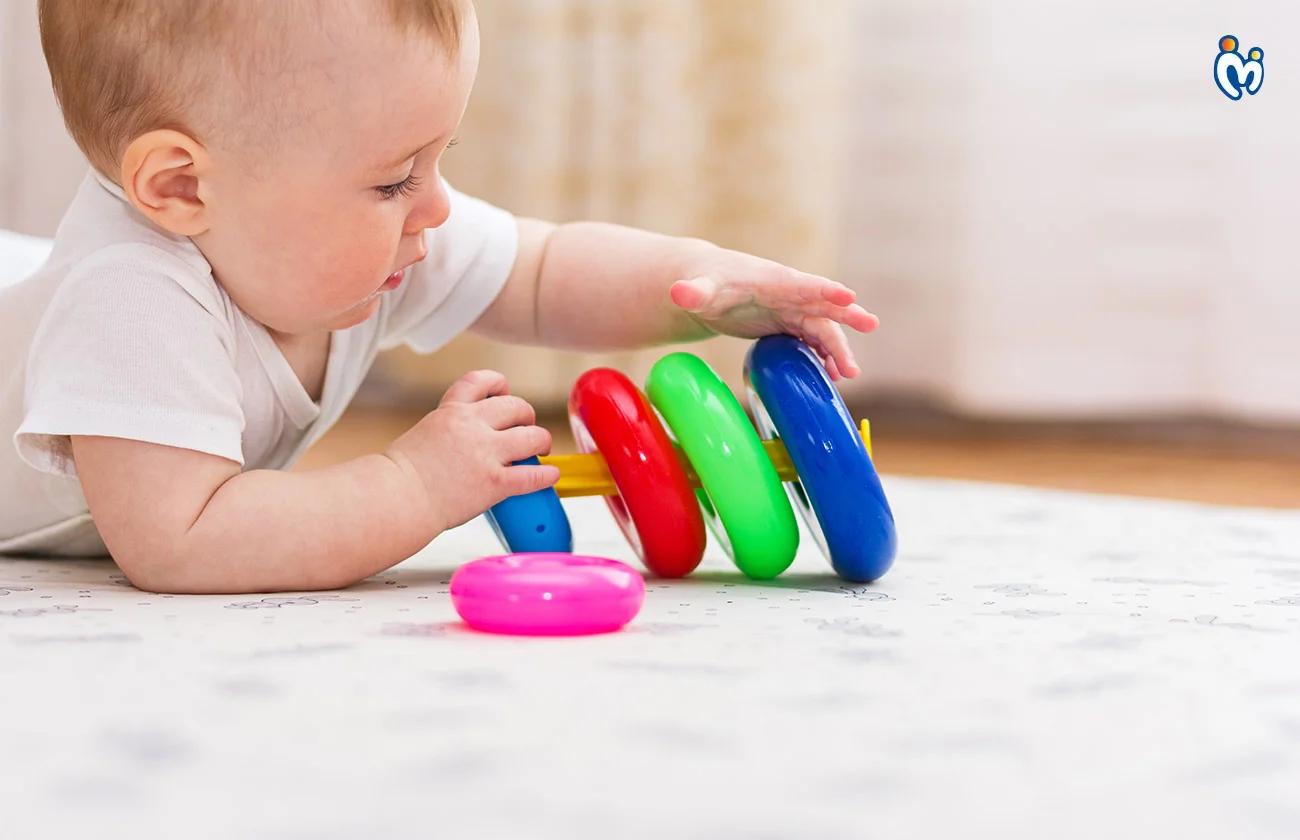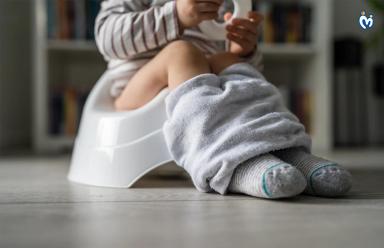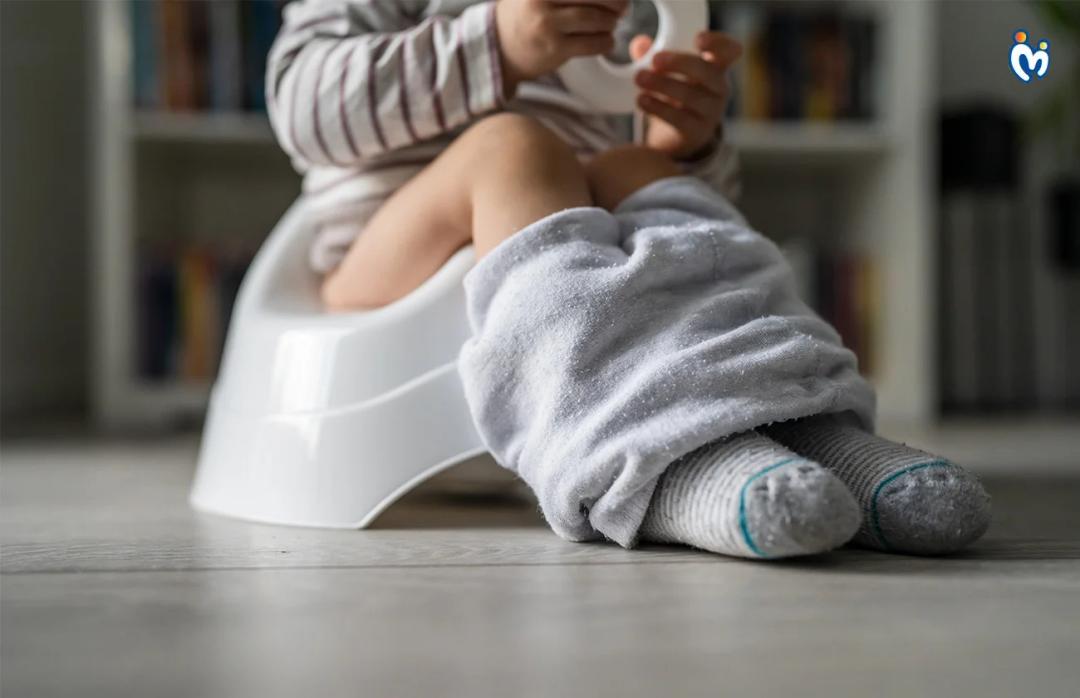Welcome, mamies! If you’ve ever watched your little one smear mashed banana all over their face or giggle as they splash in the bath, you’ve witnessed the magic of sensory play. While it may seem like just another messy adventure, sensory play is actually a powerful tool for your baby’s brain development. It helps them explore the world, build neural connections, and develop essential motor and cognitive skills. So, let’s embrace the mess and dive into some simple yet stimulating sensory play ideas!
Why Sensory Play is So Important
Your baby is like a tiny scientist, constantly experimenting with sights, sounds, textures, and even tastes. Sensory play engages multiple senses at once, strengthening cognitive abilities and supporting language, motor skills, and even emotional development. Plus, it’s a great way to keep your little one entertained while boosting their curiosity and creativity!
Fun and Easy Sensory Play Ideas for Your Baby

1. Squish, Smear, and Explore. Make Playtime Edible
For babies who put everything in their mouths (which is most of them!), edible sensory play is a safe and delightful experience. Try these ideas:
- Banana Mash Art: Place mashed banana or steamed sweet potato on a tray and let your baby squish, smear, and taste to their heart’s content.
- Yogurt Painting: Use plain yogurt mixed with natural food coloring and let your baby ‘paint’ on a tray or highchair.
- Oats Bin: Fill a shallow container with dry oats and let them run their little fingers through the grains. Bonus: It doubles as a snack!

2. Water Play! This is Simple Yet Magical
Water play is an absolute favorite for babies. It’s fun, calming, and fantastic for developing hand-eye coordination.
- Splashy Bath Time: Add floating toys, small cups, or even a gentle drizzle from a sponge to create a multi-sensory experience.
- Ice Cube Chase: Let your baby push ice cubes around on a tray or in a shallow dish to explore cold textures and movement.
- Bubble Party: Blow bubbles and watch as your little one reaches out, pops them, and giggles with delight!
3. Textured Adventures and Tactile Fun for Tiny Hands
Different textures help babies develop a sense of touch and refine their fine motor skills.
- Fabric Discovery Box: Fill a box with different textured fabrics like silk, velvet, and cotton, and let your baby feel the differences.
- Sensory Bags: Fill a resealable plastic bag with hair gel, water beads, or colored water and seal it tightly. Babies love squishing them!
- Soft and Rough Collage: Stick various materials like sandpaper, fur, and cotton balls onto cardboard for your baby to explore.

4. Sound Play! Music for Your Little Mozarts
Sounds play a crucial role in developing auditory skills and language.
- DIY Shakers: Fill empty bottles with rice, pasta, or dried beans and let your baby shake them to create different sounds.
- Drumming Delight: Give your baby wooden spoons and let them tap on overturned bowls or empty containers.
- Sing & Clap Time: Singing nursery rhymes while clapping and tapping rhythms helps babies develop speech patterns and coordination.

5. Nature Exploration – The Great Outdoors
Nature provides the perfect sensory playground! Even a short walk outside can engage multiple senses.
- Grass Time: Let your baby feel the grass under their feet or hands.
- Leaf Crinkle: Hand your baby a dry leaf to scrunch (under supervision, of course!).
- Flower Sniffing: Introduce your baby to the gentle scents of flowers and herbs.
Sensory Play Tips for Mamies
- Always supervise your baby, especially with small objects or messy play.
- Keep clean-up simple with wipeable mats or play outdoors when possible.
- Let your baby take the lead—every child explores at their own pace!
- Don't stress about the mess! Sensory play is about discovery, not tidiness.
The Genius Behind the Mess
Sensory play may look like a chaotic mess, but behind those tiny, sticky hands is a brain hard at work, learning, growing, and connecting. So, mamies, embrace the giggles, the splashes, and even the yogurt-covered floors. Your little explorer is on a journey of discovery, and every squish and splash is a step toward a brighter, smarter future!
Ready to dive into sensory play? Grab a towel, take a deep breath, and let the messy fun begin!
FAQ's
Q. What is sensory play and why is it important for babies?
Ans.Sensory play involves activities that engage your baby's senses—touch, sight, sound, taste, and smell. It supports brain development, improves motor skills, and encourages creativity and curiosity.
Q. At what age can I start sensory play with my baby?
Ans.You can begin simple sensory activities as early as 3–6 months, using age-appropriate, safe materials like soft fabrics, water, or edible items.
Q. Is sensory play safe for babies who put everything in their mouths?
Ans.Yes! Just opt for edible or baby-safe sensory materials like mashed banana, yogurt, or dry oats. Always supervise playtime to ensure safety.
Q. What are some easy sensory play ideas I can do at home?
Ans.Try yogurt painting, water play with floating toys, textured fabric boxes, homemade shakers, or exploring grass and leaves outdoors.
Q. How does sensory play support my baby’s development?
Ans.It helps build neural connections, enhances hand-eye coordination, develops fine and gross motor skills, supports language learning, and strengthens emotional regulation.
Q. What do I need for water-based sensory play?
Ans.Use a shallow tub or bath, floating toys, cups, or ice cubes. Bubbles and gentle water streams also add to the fun and learning.
Q. Can sensory play help with language development?
Ans.Yes! Activities like singing, clapping, and sound-making with DIY instruments help babies recognize patterns, rhythms, and eventually words.
Q. How do I manage the mess from sensory play?
Ans.Use a wipeable mat or play outside. Keep towels handy and embrace that a little mess is part of the learning and fun.
Q. Is outdoor sensory play effective?
Ans.Absolutely! Nature offers rich sensory experiences—feeling grass, hearing birds, smelling flowers, and watching leaves move—all boost sensory awareness.
Q. How often should I do sensory play with my baby?
Ans.Even 10–15 minutes a day can be highly beneficial. Follow your baby’s interest and mood, and let them lead the play.
















